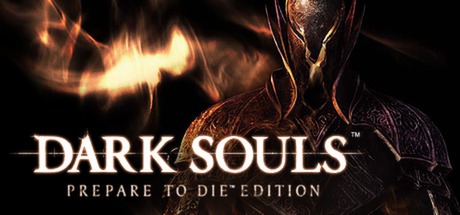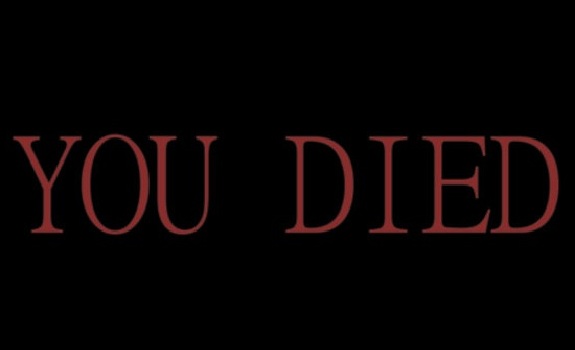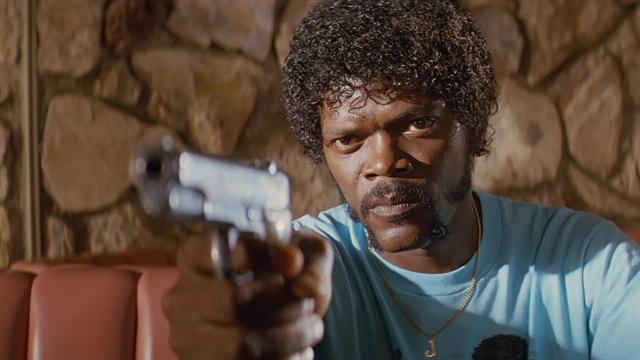I Miss the Old Kanye

2016 was a hell of a year for Kanye West. It seems that no matter what he says or does, he can’t stay out of the limelight. He has been put under a microscope that everyone is looking through in a way that few people ever are, and it has clearly taken its toll on him. Yet at the beginning of the year, it looked like things could finally be turning around for him. The Life of Pablo (formerly WAVES) finally came out and it seemed like he had overcome the writer’s block that he had been struggling with for years. His collaborations were hot, and his work with Chance the Rapper helped make some of the best songs of the year.
Anatomy of a Scene - Foxcatcher

The end of a character’s life is so important. We’ve watched hundreds of heroes die over the years, brought down in the line of duty in a noble sacrifice to save others, gasping out a final message before they finally succumb to mortal wounds. Death in movies is often very clean, very romantic almost in its depiction. But occasionally reality creeps in and death becomes something ugly. In Foxcatcher, we watch the descent of two men into shadows of their former selves. Promising Olympic wrestler Mark Schultz who will do anything to win, and enigmatic millionaire John DuPont, a man who has everything he could need, but nothing that he wants.
Schools of Theory
As this site moves forward and we begin to introduce more complex topics it will become useful for us to give a primer in some of the themes and ideas that we are talking about. We've done a little bit of this already, but starting this week we will be digging in a little deeper into the topics in question. Death of the Critic is, at its heart, a critical website where we try to take a deeper look at different aspects of media. From movies to games to music and more, we aim to enhance the discussion around media in order to deepen our knowledge and understanding.
Let’s talk about schools of theory. When we critique, frequently we do so through a specific lens. Works can have a lot of meaning hidden deep within them, and if we aimed to fully analyze a book, movie, or game, we could easily fill an entire book. So we use these schools of theory as a way to focus in on one particular area of a work. This helps us hone in on a specific idea and expand upon it more fully than if we had tried to do a very broad reading. By centering on one aspect, the analysis becomes more clear and focused. Read More…
Dark Souls Without Difficulty

I love the Souls series. Over the years I’ve put a lot of hours into them and died a countless number of times, mostly by rolling off of cliffs. There is a lot to be praised about the game and the design, but somehow the conversation always centers on how difficult it is and how much you’ll die. It speaks to a certain attitude within the gaming community that praises “hardcore” games and decries “casual gamers.” Difficulty is king to many people and for that reason, the Souls series is frequently praised. If you can’t handle it, you just need to “get good” and deal with it. But what if you had to convince someone to play Dark Souls without ever mentioning its difficulty? How would that change our conversation about the game?
Dying to Win - Death as a Gameplay Mechanic

If you’ve been playing games for any period of time, you’ve likely died a lot. You’ve thrown yourself against the video game meat grinder and come out the other side. There are games almost built around the idea of death as a crucial part of the game and players treat their completion like a badge of honor. Dark Souls: Prepare to Die, Rogue Legacy, and so many more take death and turn it from an inconvenience into a mechanic. But on the other side you have games like Super Meat Boy or Bioshock, which do their best to make death as little of an inconvenience as possible, and making it a fun part of the game.
What is Criticism?
As this site moves forward and we begin to introduce more complex topics it will become useful for us to give a primer in some of the themes and ideas that we are talking about. We've done a little bit of this already, but starting this week we will be digging in a little deeper into the topics in question. Death of the Critic is, at its heart, a critical website where we try to take a deeper look at different aspects of media. From movies to games to music and more, we aim to enhance the discussion around media in order to deepen our knowledge and understanding.
This begs the question: What exactly is criticism? Read More…
The Hero's Journey
We try to give our audience as strong of a background in the themes and ideas that we talk about in our essays. As we look at media of all types, we can see so many common themes that run through our canon, our comprehensive body of work. The more media that you start to consume, the more common threads that you will begin to notice. Perhaps the most common is that of the "Hero's Journey". In essence, the Hero's Journey is a quest that a main character goes through to undergo some kind of personal growth. Harboring deep ties to Arthurian legend, you can see the same set of plot points and character archetypes instilled in so many of the stories that we tell.
You have your main character. Maybe they are a noble knight, or a chosen warrior, or some kid who doesn't quite know their place in the world. They have a specific goal: conquering a dungeon, defeating a dragon, or just talking to a pretty girl in gym class. All along the way they are faced with challenges that stimulate the growth of the character not only in strength of body, but also of character. It is the classic coming of age tale that is told in so many ways by so many different people. Read More…
Anatomy of a Character - Pulp Fiction

Repetition is a powerful thing, and showing cycles can lead to powerful implications.
Pulp Fiction is one of my favorite movies of all time. There is something about the characters and dialogue that clicks together and works in a way that many films strive to achieve.it is a set of very strange people all caught up in some of the most eventful and important days of their lives. And in the center of this maelstrom, we have Jules, the fast-talking, bible-quoting, gun-toting hitman with a soft spot for cheeseburgers. In many ways, the entire movie revolves around the character arc of Jules and how he changes throughout the film.